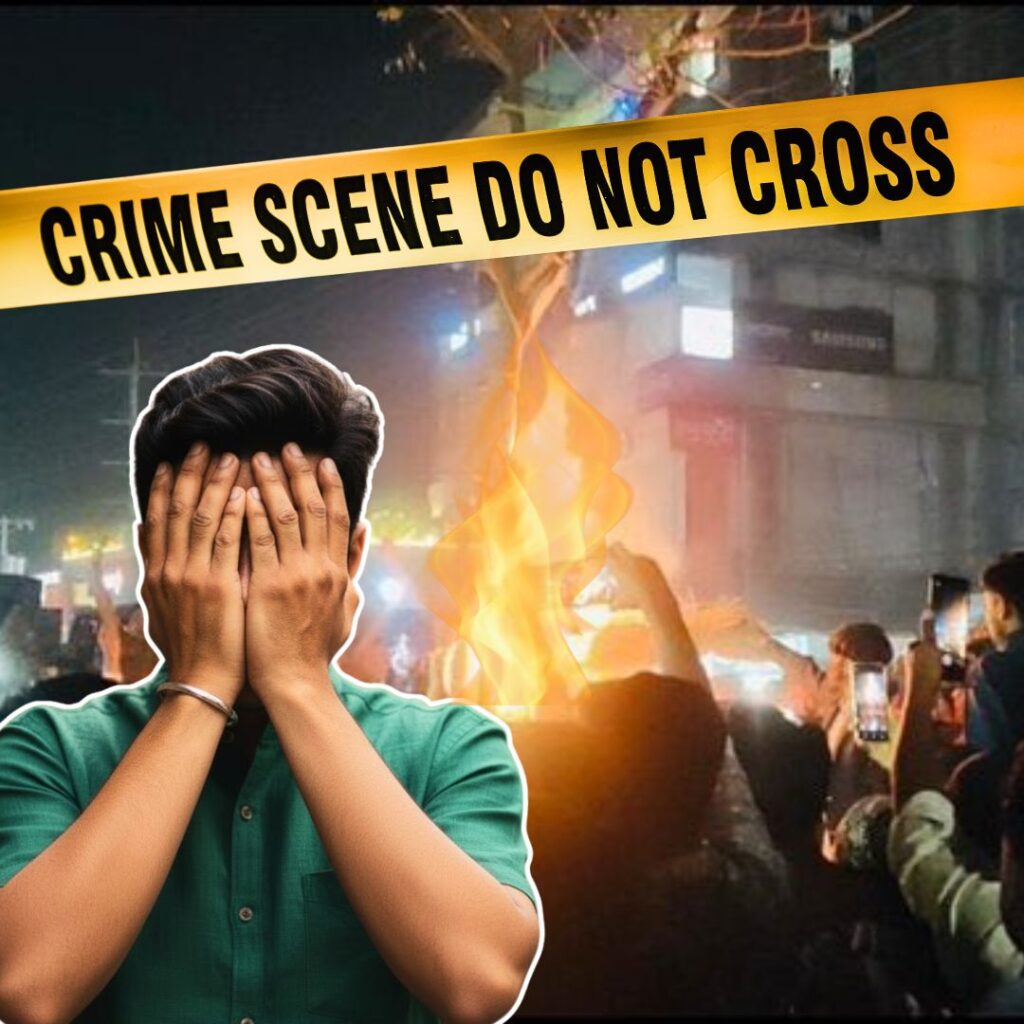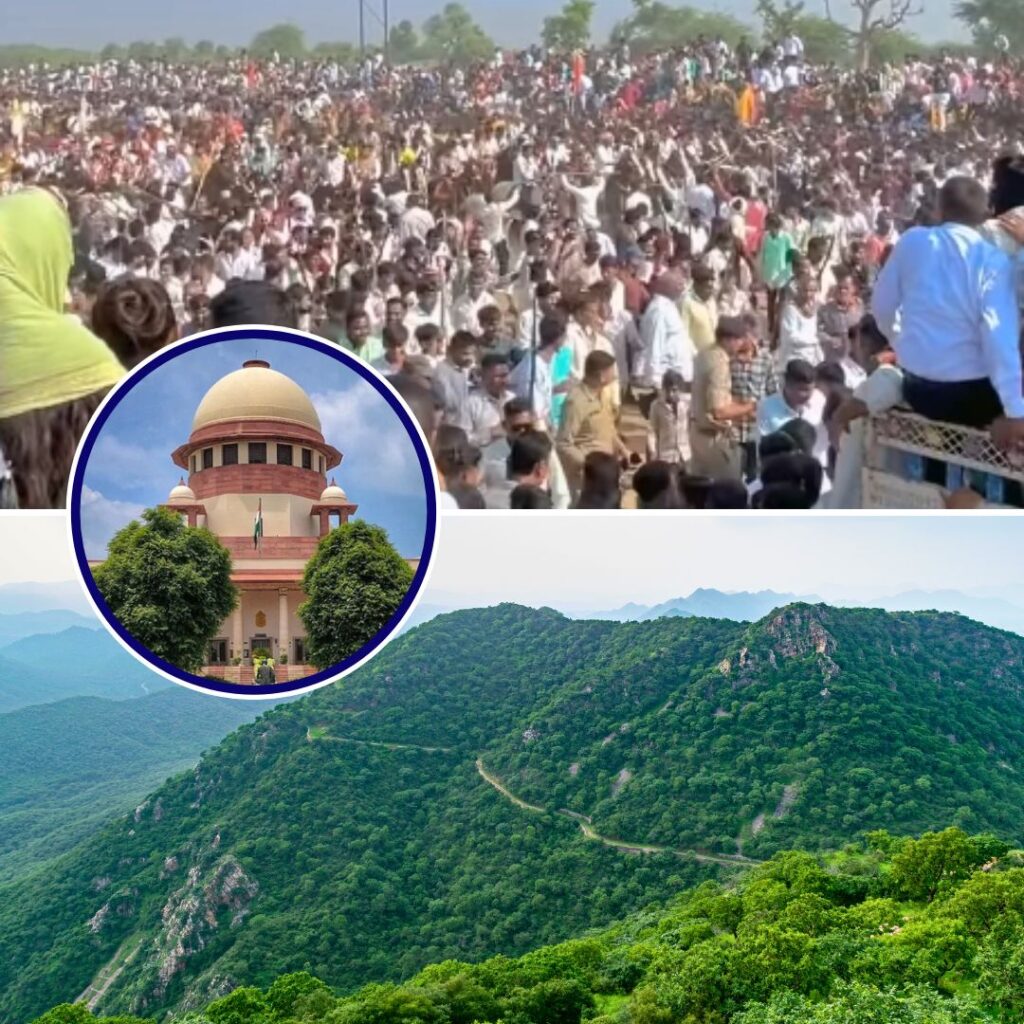“When you come to TISS, you [not only] come to an institution that has 76 years of history and experience in offering quality teaching and research programs, you also come to work with Faculty that are world class.” – S Parasuraman, Director, TISS.
The Tata Institute of Social Sciences
Since its establishment in 1936, the Tata Institute of Social Sciences (TISS) has been one of the premier institutes in India in social sciences, human development, public policy, and economics. With its main campus in Mumbai, TISS also has campuses in Guwahati, Hyderabad, and Tuljapur.
The institution is funded in two ways:
Over 90% of the funding comes from the Indian government through the University Grants Commission (UGC); The remaining comes from the Tata Trusts.
The UGC, as many of us know, is a statutory body set up by the Union government (in accordance with the UGC Act, 1956) under the Ministry of Human Resource Development. The UGC is charged with the maintenance of standards of higher education in India; it provides recognition to universities in India and disburses funds to universities and colleges.
Source: cloudinary
The controversy
In the past few days, TISS made news across the country after it handed termination letters to 25 faculty members and announced the closure of three of its centres.
The contracts of these professors were to end on March 31, 2017 (they were five-year contracts), but many expected the contract to be renewed, as was the norm. However, they received letters on March 24 telling them that their last working day would be March 31.
Additionally, it was announced that three TISS centres would be closed. These are the Centre for the Study of Social Exclusion and Inclusive Policies, Advanced Centre for Women’s Studies, and the Nodal Centre for Excellence under the Scheme of Human Rights.
Many of the professors are research assistants to students: their guidance is essential for students completing their thesis. The move was unprecedented and evoked outrage among the student and faculty bodies.
The TISS administration – led by Director S Parasuraman – argued that the move was inevitable due to lack of funds. As mentioned before, over 90% of the institution’s funding comes from the UGC. There has always been widespread criticism from the institution’s faculty and alumni over the lack of sufficient funding from the UGC.
Many TISS faculty members have also spoken against the lack of transparency in the Institute’s administration. They say the administration should have pressured the UGC for more funding.
Presently, some among the 25 faculty members are in Delhi, seeking dialogue with the UGC and the Ministry of Human Resource Development. Other professors are protesting in the campuses with the help of their students and fellow faculty members.
To understand the crisis faced by TISS and the UGC’s alleged role in precipitating this crisis, The Logical Indian spoke to a former research scholar and alumnus of TISS. He requested anonymity, and to respect his discretion he will be referred to throughout this article as “The Faculty Member”.
“Over time, funding became more difficult,”
The Faculty Member said,
“You must remember that TISS used to be a small institute, with a student to teacher ratio of 4:1. This was until 2006. There were fewer students and fewer courses. However, after 2006, a new Director, development, and a progressive five-year plan enabled the Institute to expand. Soon, TISS began to increase outreach – through more courses and through more campuses. Centres increased, courses increased, and the population of students and staff increased.”
“However, over time, funding became more difficult, especially in the last few years. Around 98% of TISS’s funding comes from the UGC, the rest from the Tatas. The Institute is heavily reliant on government funding. In recent months, the funding has all but stopped.”
Source: ykamedia
“Even the Maintenance Grant stopped coming,”
“Currently, the situation has become so dire that TISS is unable to pay even the Maintenance Expenditure, which is the basic expenditure any institution pays for the maintenance of its buildings, for electricity, for water supply and so on. The funding problems between TISS and the UGC are by no means a new phenomenon. However, after 2014, even the Maintenance Grant stopped coming. How can you handle the campus and how to you pay the teachers if you don’t have money for even basic amenities? We have to pay the electricity bill, the water bill, we have to pay the faculty, the administrative staff, the teachers, the students’ fellowships, the students’ scholarships. The current situation of the Institution is so desperate that they are even unable to afford the maintenance bill.”
TISS is a bastion for identity politics The Faculty Member told The Logical Indian that TISS is a bastion for all kinds of identity politics – Dalit politics, LGBTQ politics, women…












